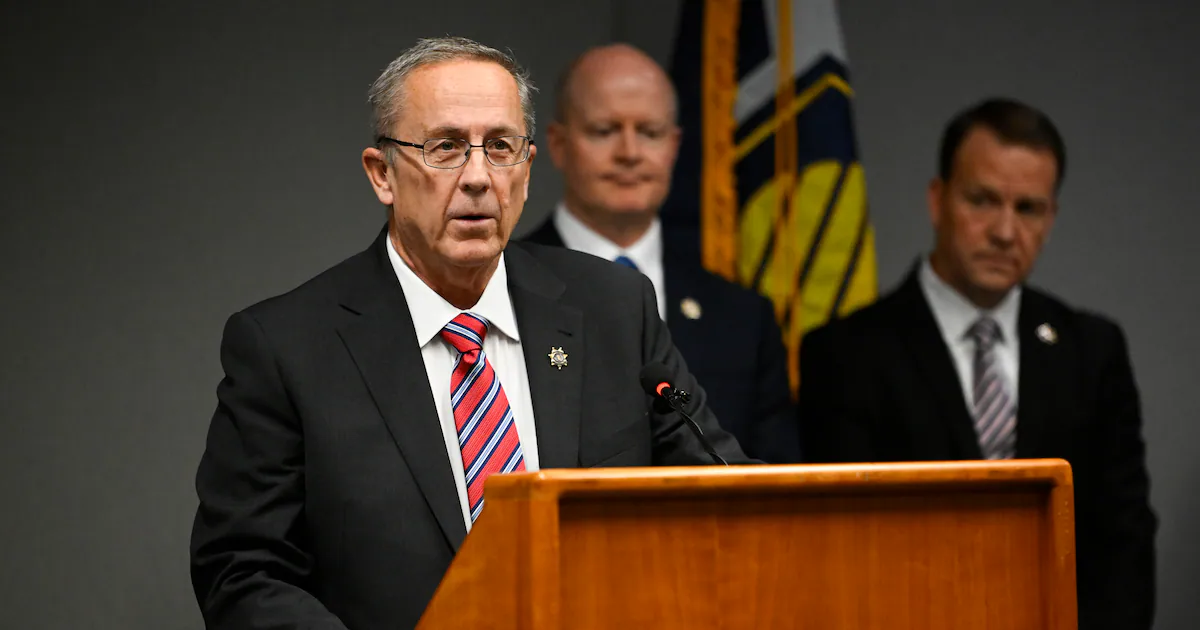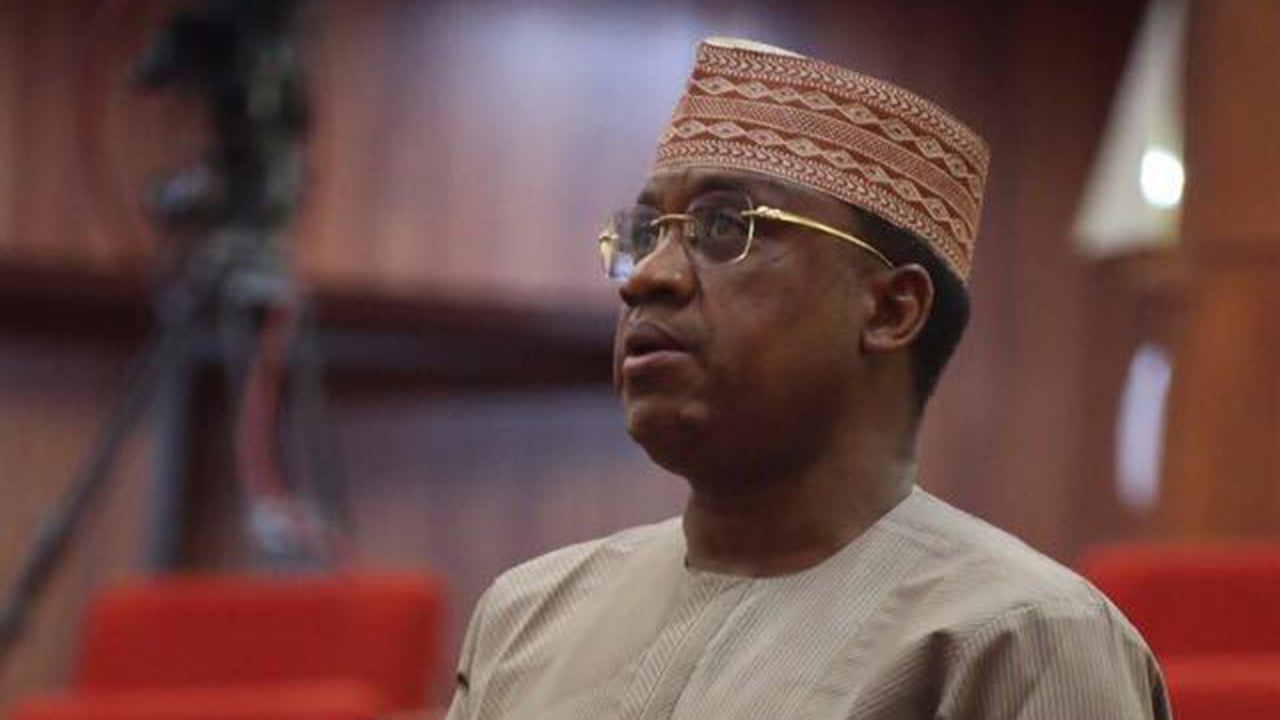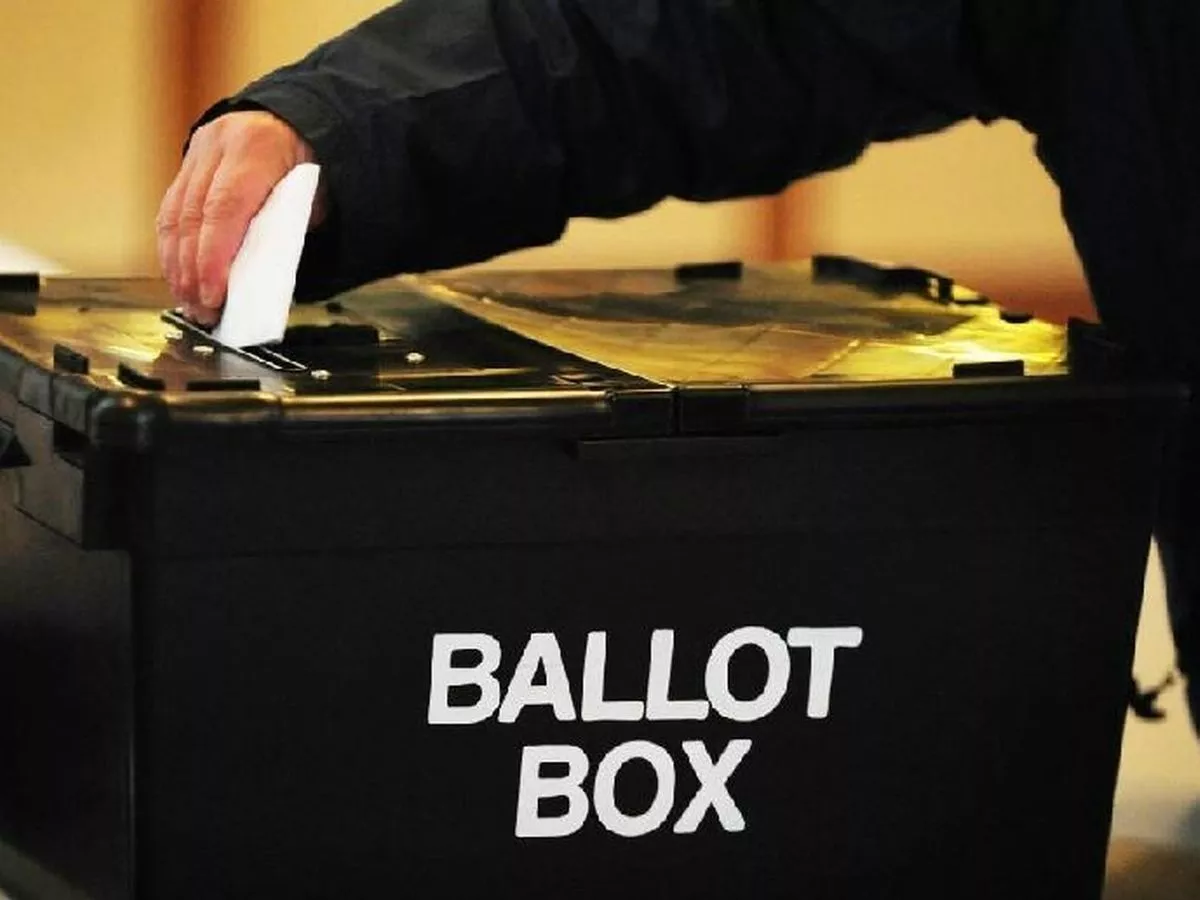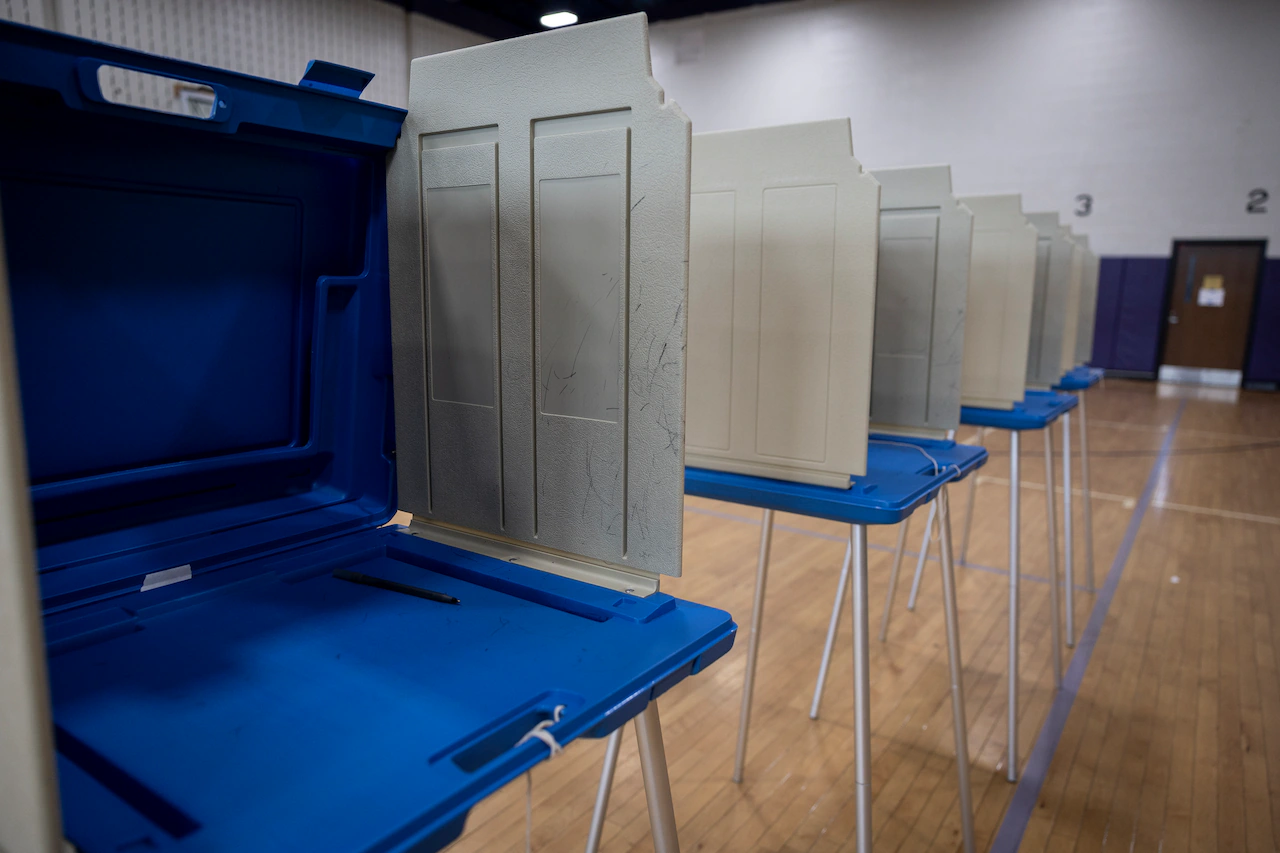By Matthew McDonald
Copyright ncregister
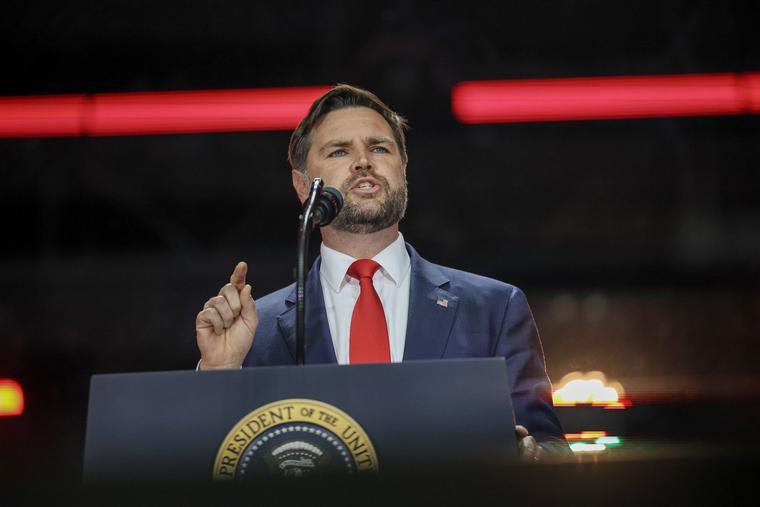
By the time Vice President JD Vance called Charlie Kirk’s memorial service this past weekend a “revival,” U.S. Secretary of State Marco Rubio had already given a description of salvation history worthy of a preacher.
Kirk, 31, a conservative activist, founder of Turning Point USA and Trump adviser shot to death Sept. 10 during a public debate on a college campus in Utah, started a movement that “was about politics,” Rubio said, “but not only about politics.”
“It was deeper; it was broader,” said Rubio, the former Republican U.S. senator and presidential candidate who now directs foreign policy for President Donald Trump as head of the U.S. Department of State.
Then Rubio, a Catholic who has also attended a Southern Baptist church, started speaking quickly about Kirk, with rising pitch and intensity.
“One of the things he wants us to take away from this, from all of this, is the following: His deep belief that we were all created — every single one of us, before the beginning of time — by the hands of the God of the universe, an all-powerful God who loved us and created us for the purpose of living with him in eternity, but then sin entered the world and separated us from our Creator, and so God took on the form of a man and came down and lived among us, and he suffered like men, and he died like a man, but on the third day he rose unlike any mortal man,” Rubio said, to cheers and applause from the audience of more than 70,000 at State Farm Stadium in Glendale, Arizona.
“And then, and to prove any doubters wrong, he ate with his disciples so they could see, and they touched his wounds,” Rubio continued. “He didn’t rise as a ghost or as a spirit, but as flesh. And then he rose to heaven, but he promised he would return, and he will. And when he returns, because he took on that death, because he carried that cross, we were freed from the sin that separated us from him. And when he returns, there will be a new heaven and a new earth, and we will all be together, and we are going to have a great reunion there again with Charlie and all the people we love.”
Rubio was one of several high-level Trump administration officials who spoke during the memorial service on Sept. 21, not just about Kirk’s religious faith, but also about their own — and not just in passing, but with details.
It’s not unprecedented — among presidents, for instance, Abraham Lincoln and Woodrow Wilson used Christian imagery in their speeches, and Jimmy Carter and George W. Bush spoke publicly about their conversion experiences and framed some of their policies in faith terms.
Their personal testimony was often more detailed than that offered by President Trump, who usually speaks in general terms about religion or about the religious beliefs of others, as he did during Kirk’s memorial service.
But among Trump’s top aides are several willing to speak publicly in specific and even evangelizing language about their faith.
“There is clearly a much more articulate Christian presence in the federal government. It’s unusual in our country, I think,” said Dwight Duncan, professor of law at the University of Massachusetts School of Law, by telephone. “It’s an interesting moment.”
“It’s unusual for presidents. William Jennings Bryan, a three-time nominee for president, would have felt at home,” H.W. Brands, author and history professor at the University of Texas at Austin, told the Register by email.
Bryan (1860-1925), three-time Democratic nominee for president and secretary of state under Wilson, frequently made Christian allusions — most memorably in his “Cross of Gold” speech at the 1896 Democratic National Convention, in which he criticized the gold standard as hurting ordinary working people by making it too hard to pay back their debts.
“We shall answer their demands for a gold standard by saying to them: You shall not press down upon the brow of labor this crown of thorns. You shall not crucify mankind upon a cross of gold,” Bryan, a Presbyterian, said at the end of the speech.
Yet Bryan is an outlier among high-ranking American federal officials, who, for most of the country’s history, Americans have expected to be Christians but not to say too much about it publicly.
Evangelizing Politicians
Kirk was an evangelical Protestant who thought deeply about his faith and frequently talked about it in public appearances and even reportedly told Fresno Bishop Joseph Brennan earlier this month that he was thinking seriously about becoming a Catholic. (The Register contacted a spokesman for the bishop Friday morning but had not heard back as of publication of this story.)
Kirk’s memorial service drew high-ranking Republican politicians partly because of his outsized role in high-profile political campaigns, including Trump’s, and partly because of the way he died.
But Trump’s cabinet members who spoke Sept. 21 made only passing references to Kirk’s political work and focused instead on his religion — and, by way of extension, their own.
Pete Hegseth, the U.S. secretary of war and an evangelical Protestant, called Kirk “a true believer” and then implied that he shares those same beliefs.
“Only Christ is King, Our Lord and Savior. Our sins are washed away by the blood of Jesus. Fear God, and fear no man. That was Charlie Kirk,” Hegseth said.
Later he said, “We’re sinners saved only by grace in need of the Gospel.”
And he added toward the end, “My charge to all of you: Live worthy of Charlie Kirk’s sacrifice, and put Christ at the center of your life, as he advocated for, giving his.”
Robert F. Kennedy Jr., the U.S. secretary of health and human services and a Catholic, linked Kirk to St. Francis of Assisi.
“His overarching passion was his Christianity and his devotion to his God. He believed what St. Francis taught us almost a thousand years ago: that we should strive to live our lives in perfect imitation of Christ. We should turn every day and every moment and every interaction into a prayer,” Kennedy said. “And Charlie understood the great paradox that it’s only by surrender to God that God’s power can flow into our lives and make us effective human beings.”
Kennedy said that when his granddaughter left for college in Europe earlier this month, her mother “noticed that she packed a Bible.”
“When her mother asked her why she made that choice, she said, ‘I want to live more like Charlie,’” Kennedy said.
He spoke of Kirk’s life in theological terms.
“Let’s remember Charlie. He was — for those of us who were friends with Charlie, we don’t need any more evidence of the love of God. Because the evidence, the friendship is the best evidence that God loves us all,” Kennedy said.
Vance, a convert to Catholicism, acknowledged Kirk’s role in getting Trump elected — “our whole administration is here, but not just because we love Charlie as a friend, even though we did, but because we know we wouldn’t be here without him,” Vance said.
Yet while Kirk supported and advised Trump and advocated publicly for marriage, family and the right to life, political and social matters weren’t the most important part of his message, the vice president said.
“But most of all, Charlie brought the truth that Jesus Christ was the King of Kings and that all truth flowed from this first and most important one,” Vance said.
Vance said Kirk’s death has drawn him out on religion.
“You know, I was telling somebody backstage that I always felt a little uncomfortable talking about my faith in public, as much as I loved the Lord and as much as it was an important part of my life. I have talked more about Jesus Christ in the past two weeks than I have my entire time in public life. And that is an undeniable legacy of the great Charlie Kirk,” Vance said.
He added, “It is better to be persecuted for your faith than to deny the kingship of Christ.”
And toward the end, Vance quoted John 16:33: “Christ told us in the Gospel of John, ‘I have said these things to you that in me you may have peace. In the world you will have tribulation. But take heart, I have overcome the world.’”
Tulsi Gabbard, the director of national intelligence, identifies as a Hindu, not a Christian. Even she quoted the New Testament several times, including 2 Corinthians 6-8, “Therefore, be always of God, and know that while we are at home in the body, we are absent from the Lord. We are of good courage, I say, and prefer to be absent from the body and at home with the Lord.”
True Believers? Or Mere Politicians?
In the aftermath of Kirk’s memorial service, the Register contacted scholars of American history and law seeking comment about the religious references top Trump administration officials made during the event — including scholars with varying perspectives on Trump — seeking past examples and analysis.
Duncan, a law professor and a Catholic, said he is impressed that Trump has surrounded himself with religious people, whatever his own beliefs may be.
“To his credit, Trump allows this religious cheerleading by his administration, and to a certain extent panders to it,” Duncan said. “I’m not sure he shares it.”
Duncan noted that even Catholic speakers Rubio and Vance sounded like evangelical Protestants during Kirk’s memorial service. That’s perhaps partly due to the setting, but also fits a certain wider narrative in this majority-Protestant country.
“To the extent that America ever had a civic religion, it’s evangelical Protestant, not Catholic,” Duncan said.
Brands, a historian, told the Register that Trump prizes Christians because their religion is a way of telling who’s for him and who’s against him.
“All presidents before Donald Trump have felt obliged to consider themselves the representatives of all Americans. Trump has taken a different view. He speaks for those people who voted for him, and considers those who didn’t to be his enemies, actual or potential,” said Brands, whose most recent of his more than 30 books is America First: Roosevelt vs. Lindberg in the Shadow of War (2024).
“This extends to religion,” he continued. “American presidents have been overwhelmingly Protestant Christians. But before Trump, they acknowledged the Catholics, Jews, Muslims and others in America as having an equal place in this country.”
“Not so with Trump,” Brands said. “He and members of his administration treat Protestant Christians, especially evangelicals, as the true Americans. Others are here on sufferance. On account of this position, they feel free to inject their religious views into policy matters as no other administration has.”
Sam Martin, a scholar of public address and political communication at the Frank Church Institute at Boise State University, told the Register that Trump officials find religious language useful.
“In my opinion, the administration often treats faith as a way of framing political conflict and mobilizing supporters, more than as a genuine statement of faith,” said Martin, author of Decoding the Digital Church: Evangelical Storytelling and the Election of Donald J. Trump (2021).
Martin said the Trump administration officials’ “very public use of Christian imagery” is “part of a long tradition of presidents weaving faith into public life.”
“The difference is that Trump and his allies often frame political battles as a kind of spiritual warfare, which resonates powerfully with their supporters but also makes the Christian dimension more combative than in some past administrations,” Martin said by email.
Patrick Brennan, professor of law at Villanova University’s Charles Widger School of Law and a Catholic, noted that Trump officials and allies spoke about God not in Deist terms — the watchmaker who created the world and then stepped back from it, as favored by some of the country’s Founding Fathers — but instead as “God in the Person of Jesus who is very involved in history, actively giving us grace and calling us to change our lives in conformity to him.”
“It’s even God as our King here and now, what Catholics call the Social Kingship of Christ,” Brennan, co-author of Christian Legal Thought: Materials and Cases (2017), told the Register by email.
While Vance’s comments would not have drawn objections from evangelical Protestants, Brennan said he heard Catholic echoes in them.
“The vice president’s words, ‘It’s better to be persecuted for your faith than to deny the kingship of Christ,’ stake out the stunning claim, made most clearly by Pope Pius XI in Quas Primas (1925), that nations, earthly rulers and citizens alike are to be ruled by Christ the King even now,” Brennan said.
By publicly expressing their faith in such terms, Brennan said, Trump aides aligned with what Pope Leo XIV said in a speech to French public officials Aug. 28, during which he advised them “to unite yourselves ever more closely to Jesus, to live him and to bear witness to him.”
In the speech, the Pope quoted the same verse from the Gospel of John — “In the world you will have tribulation, but take heart, I have overcome the world” — that Vance quoted during Kirk’s memorial service three weeks later.
The Holy Father noted that Jesus said in John 15:5, “Apart from me you can do nothing,” and he argued that “Christian leaders are better prepared to face the challenges of the contemporary world, naturally to the extent to which they live and bear witness to the faith that works in them, their personal relationship with Christ that enlightens them and gives them this strength.”
The Pope challenged public officials to express their faith openly.
“Christianity cannot be reduced to a simple private devotion, because it implies a way of living in society imprinted by love for God and for one’s neighbor who, in Christ, is no longer an enemy but a brother,” Leo said.
“There is no separation in the personality of a public figure: There is not the politician on one side and the Christian on the other,” the Holy Father said. “Rather, there is a politician who, under the gaze of God and his conscience, lives his commitments and responsibilities in a Christian manner.”
Whether knowingly or not, Brennan said, the remarks by Trump’s cabinet members at Kirk’s memorial service followed Pope Leo’s advice to public officials everywhere.
“In what we are hearing from remarkably many officials of the Trump administration, Christianity is not a private affair,” Brennan said. “It is something to be lived in public and at the level of nations and countries.”
